
Top 6 MLOps Tools to Deploy Your Models in Production
Machine Learning (ML) or MLOps is an emerging technology with massive scope for many industrial and business sectors. However, currently, over 85% of Machine Learning projects fail.
The high failure rate of an ML project is a poor collaboration with the operations team, inadequate data quality, and selection of incorrect Machine Learning techniques for the particular problem.
MLOps is a collaboration of Machine Learning with Operations Management to resolve such issues and achieve higher success. It is essential to have numerous features and functionalities to gain the most out of the MLOps system.
For example, model building and development is crucial to keep track of all the code versions. Training and testing are significant steps while maintaining data quality at all times. Staging, production, and deployment processes also include a large number of sub-processes.
The following are the top six MLOps tools available in the market, offering integration of useful features.
MLflow
It is an open-source tool to manage the overall machine Learning project lifecycle. The tool offers interesting features for individual use or teams of any size.
One of the distinguishing aspects of MLflow is its compatibility with any of the programming languages and all the Machine Learning libraries.

MLFlow Tracking is one of the APIs to log the parameters and code versions. It also manages the metrics and artifacts while running the code to compare the outcomes and understand the gaps.
MLflow Models handles the model’s deployment from a library to an interface platform. MLflow Projects integrates the entire code in a reusable form for effective sharing.
MLflow Model Registry is also an essential function of the tool, and it is a central model for better collaboration. It involves model versioning and stage transitions. To sum it up, the following are the distinct features of MLflow.
- Library-agnostic tool offering compatibility and support to any of the machine learning libraries
- Central model registry
- Easy to use UI for code versioning, visualizations, and others
Data Version Control (DVC)
DVC is also an open-source MLOps tool to better coordinate and manage Machine Learning projects. The tool offers language independence enabling the users to define the pipelines without any language constraints.
The tool is storage agnostic as it is possible to use DVC with any of the storage types. It also provides an option to train the data models and share them with other members through DVC pipelines.
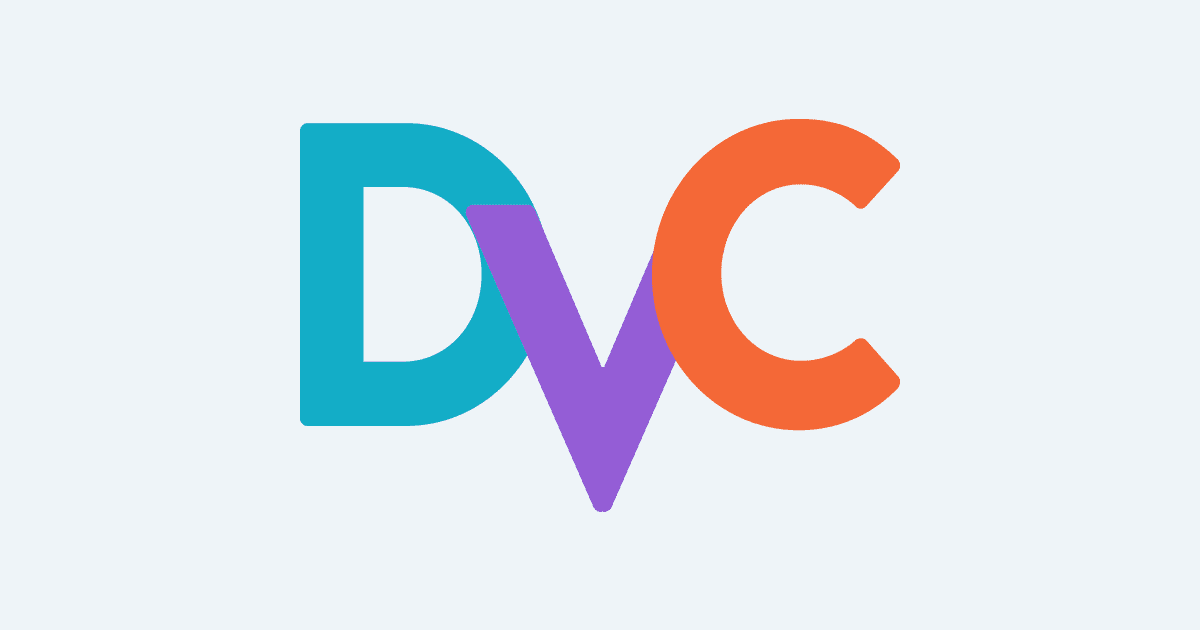
One of the significant issues with Machine Learning projects is the inability to organize the data correctly. DVC provides resolution to such issues by versioning, collecting, and storing massive data volumes. The tool includes features for data versioning, management, and pipeline versioning too.
- Data provenance features to track the entire machine learning project lifecycle constantly
- Tracking metrics to determine the current performance while keeping an understanding of the gaps
- An end-to-end pipeline running and execution
Feast
Feast is another open-source MLOps tool supporting cloud platforms like AWS, Azure, and many others. Feature sharing and discovery is a distinguishing characteristic of the tool comprising feature versioning, searchable features, and discovery.
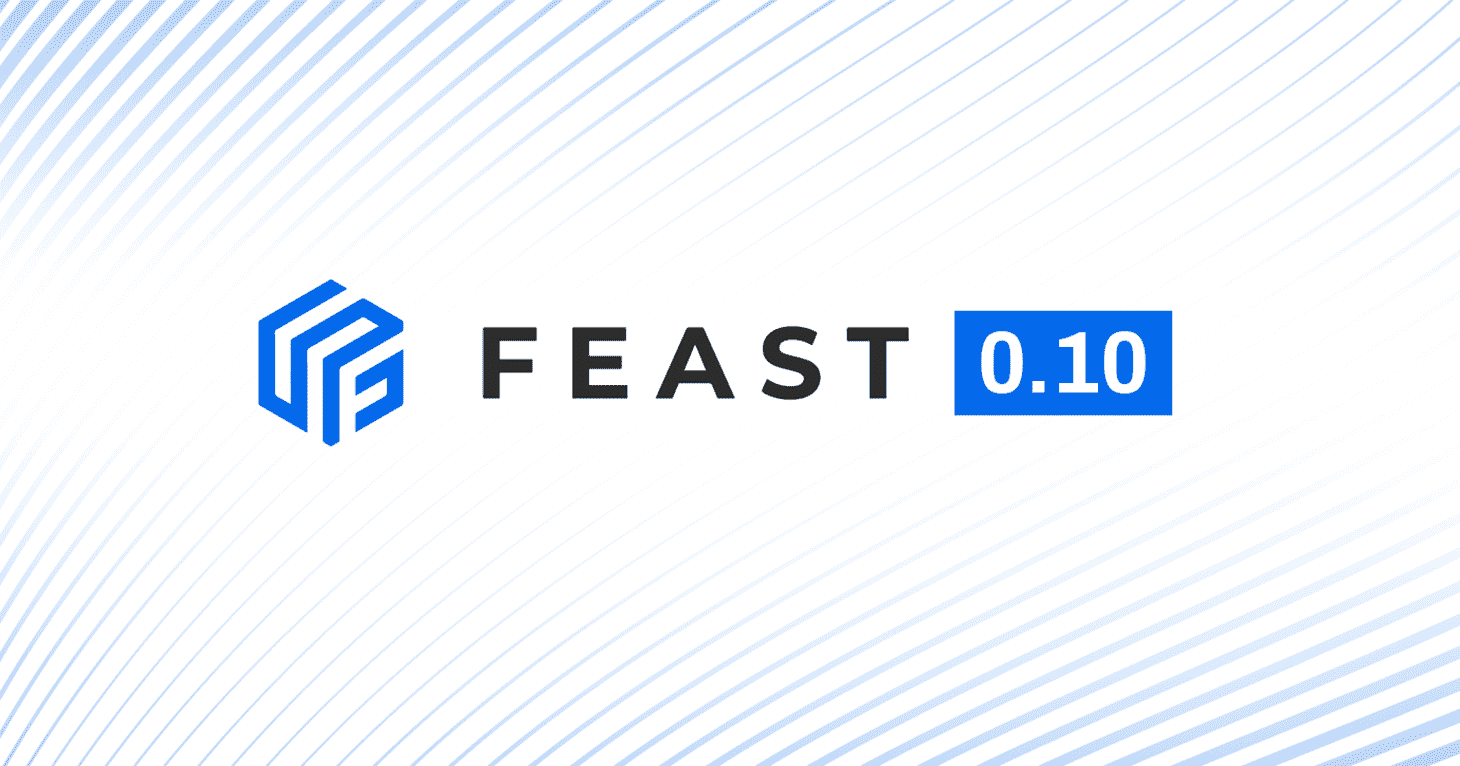
The tool enables operationalizing analytic data quickly, which helps train the data models. The following are some of the features of Feast.
- Use of the tool with a separate system that computes feature values
- Data encryption at rest enabling better data security and governance
- Option to generate the datasets from offline storage through Python SDK
Kubeflow
Kubeflow is the Machine Learning tool for Kubernetes. It is also an open-source project comprising compatible tools and frameworks as per the Machine Learning activities.
The tool makes it possible to effectively manage and maintain the machine learning projects by packaging and organizing the docker containers. It also simplifies the deployment and orchestration for machine learning projects.
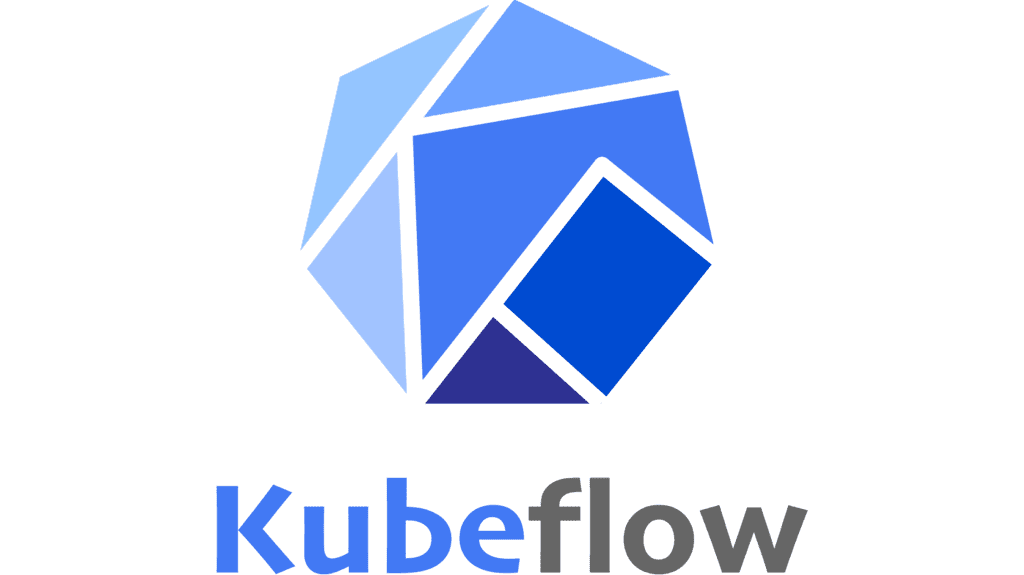
The tool provides an automated counterpart to the manual experimentation processes saving a considerable amount of time. Kubeflow also has notebooks for easier interactions with the system through the SDKs. The tool has the following range of features and functionalities.
- Option to reuse the components to save time on individual building
- An interactive user interface to keep track of the overall progress
- Kubeflow pipelines to track and manage the end-to-end solutions
Neptune
Neptune is the tool originally built for the research, development, and production teams working on the different experiments. It is the ML metadata store, including hyperparameters, videos, interactive visualizations, and a lot more.
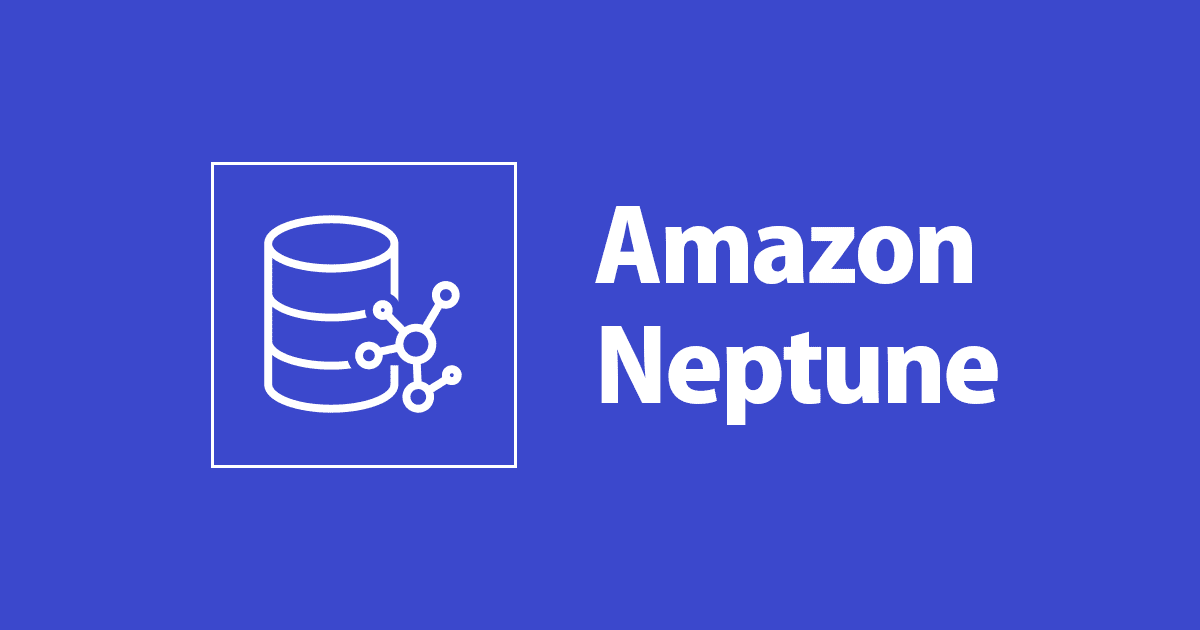
The tool has a flexible metadata structure to coordinate the training and production metadata according to the preferences. The UI of Neptune is also easy to use, offering easier search options along with customization features. The UI also offers an option to monitor and compare different ML experiments and models.
Neptune has more than 25 integrations with the other MLOps tools. The collaboration features in the tool enable effective project and user management. The following are some of the distinguishing features of Neptune.
- Extensive customizations to the end-users on the UI perspective with easy search and visualizations
- Option to choose from hosted or on-premises versions as per the requirement of the tool
- Flexible and scalable folder-like metadata structure
BentoML
BentoML is the MLOps tool offering more straightforward options to create machine learning API endpoints. The tool has a non-complex architecture for easier migration of the trained machine learning models to production. The interpretation of the model is also made easy with BentoML.
The users can access the BentoML dashboard to organize and manage the machine learning models while monitoring and tracking the deployment to production. The flexible workflow of the tool enhances the overall performance.
The tool’s primary focus is to sync the Data Science and Development teams for an effective workflow and environment.
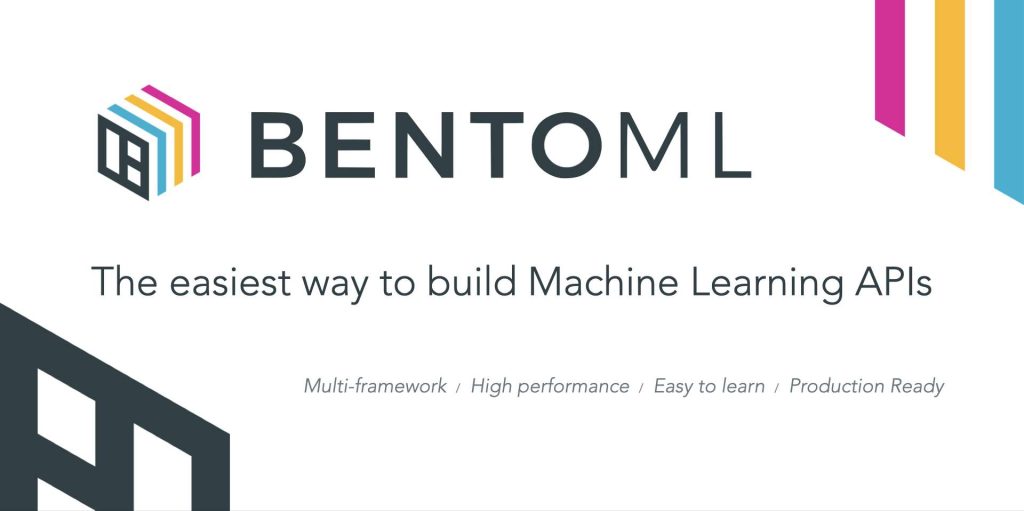
The modular design of the tool makes the configurations reusable while maintaining flexibility levels. The tool has the following features:
- Model packaging and management
- Easy deployment to multiple platforms
- Modular design for easy and effective management of the projects
Many organizations are now willing to adopt and include Machine Learning in their business processes and operations. The customers and the end-users also expect the products and applications built using the latest technologies.
MLOps can streamline the entire machine learning lifecycle to improve the success rate. It is an extremely valuable practice to control, coordinate, and manage machine learning projects. MLOps tools can be very useful to realize these sets of practices practically.
While selecting the MLOps tool, it is essential to consider certain factors. For instance, some may require prioritizing data and pipeline versioning over model deployment and serving. Similarly, hyperparameter tuning may hold higher priority over orchestration and workflow pipelines.
The evaluation of the specific requirements and their prioritization is useful to select the most suitable tool.




